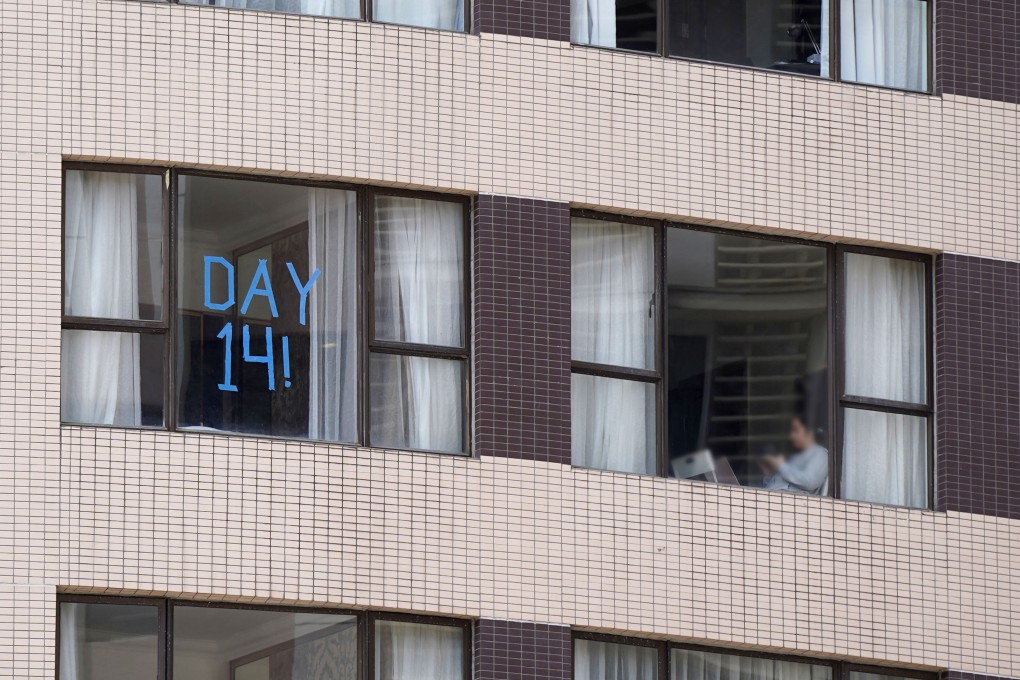The View | Why the Omicron outbreak in Hong Kong has a silver lining for hotels
- The pandemic has forced hotel operators and investors to rethink their strategies, and quarantine business helps offset some of the collapse in demand
- Besides, given Hong Kong’s crucial role in the Greater Bay Area, the battered hotel sector is well placed to recover when Covid-19 is brought under control

The global hotel investment market is bouncing back. As programmes of mass vaccination against Covid-19 gather momentum, allowing economies to reopen at differing speeds, transaction volumes in the sector last year surged 131 per cent year on year to US$66.8 billion, on a par with pre-pandemic levels, data from JLL shows.
In Australia, another popular market among investors, global private equity funds are among the most active sources of capital.
While occupancy rates among upscale and midscale hotels were close to 90 per cent in January 2019, they dropped to roughly 60 per cent by January 2020, according to hotel data provider STR.
However, it was the virus-induced imposition of draconian restrictions on cross-border travel that pulled the rug out from under the city’s hotel industry, causing a brutal collapse in tourism from the mainland, easily the sector’s most important source market.
